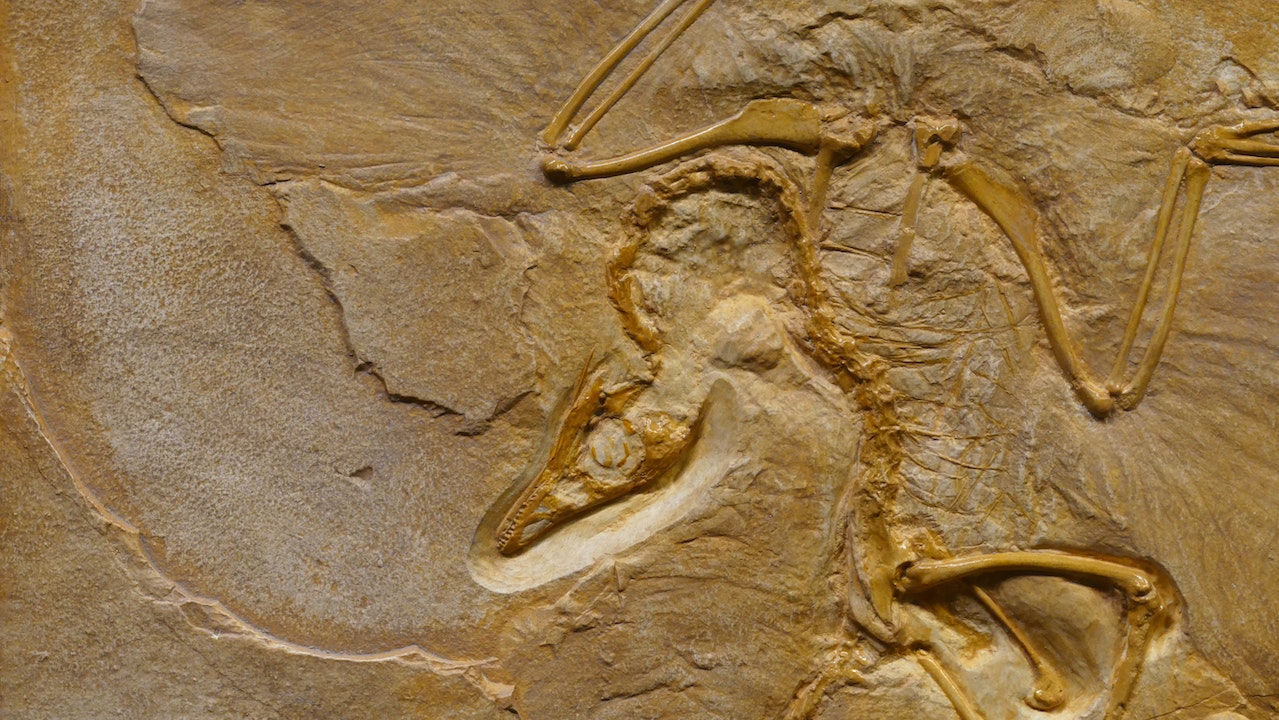Many people all around the world are passionate about the hobby of collecting rare books, ancient artifacts, and fossils findings. This pastime has attracted many people. These priceless relics provide a window into the past and allow us to establish a connection with the complex web of human history. Rare books are similar to portals in that they take us to other periods and places and hold the information, wisdom, and tales that were passed down from previous generations. Ancient relics have a power that defies explanation; they may take us back in time and give us a physical connection to the era in which they were created. The hunt for ancient relics is an exciting and exhilarating activity that entails exploring archaeological sites, working in tandem with knowledgeable individuals, and discovering long-lost riches.
The discovery of fossils allows one to peer into the distant past of our world and get essential knowledge on the progression of life on our particular planet. The pursuit of fossils is an interesting activity that combines elements of scientific investigation, private investigation, and outdoor exploration. In order to go on a fossil-hunting adventure, one has to be willing to explore a variety of environments, ranging from riverbeds to deserts, with the hope of finding buried gems. Collectors carefully document their fossil findings and take care of them, ensuring that the fossils will be around for future generations to enjoy. First things first: whether you want to start collecting rare books, ancient relics, or fossils, you need to educate yourself on the topic that interests you.
The collection of rare books, ancient relics, and fossil discoveries can be costly, but there are other possibilities that are more accessible to collectors on a budget. When collecting ancient marvels, authenticity is of the utmost importance; thus, it is vital to seek the advice of professionals, investigate provenance records, and get familiar with the qualities that distinguish authentic versions. When collecting archaeological artifacts, one must ensure that legal factors are taken into account, and one must also employ storage and preservation practices that are appropriate if one wants to keep the collection intact. It is vital to establish a budget and focus on collecting within your means in order to ensure a lifetime of discovery and wonder when it comes to archeological treasures, which may be collected. Discovering and appreciating the marvels of human history, creative inventiveness, and the glories of life on Earth is made possible by the extraordinary opportunity presented by collecting archaeological treasures.
Rare books provide a one-of-a-kind window into the past, and historical objects offer concrete evidence of the existence of bygone civilizations. While collecting ancient artifacts involves patience, investigation, and a little of luck in addition to a keen eye and a passion for the subject matter, collecting rare books calls for a keen eye and a passion for literature. Acquiring historical objects is not only about building up a collection; rather, it is about making a contribution to the protection and comprehension of our common human history. Finds of fossils are like windows into the world of the prehistoric era since they provide previously unknown information about ancient life forms and the habitats in which they lived. They provide a visible connection to the amazing diversity and evolution of organisms that formerly walked the earth, which is a significant contribution to the field of paleontology.
The pursuit of fossils is an experience unlike any other, one that calls for a unique mix of scientific expertise, perseverance, and a sharp eye. To get started with assembling a collection of rare books, ancient relics, or fossils, you need first do some research and educate yourself on the particular subject matter that interests you. Think about beginning with items that aren’t as uncommon or as well-known but yet have significant historical or cultural worth. When collecting archaeological marvels, authenticity is of the utmost importance; as a result, it is vital to be knowledgeable of the laws that govern the collection and exchange of archaeological artifacts. Rare texts, antique relics, and fossils are all priceless treasures that may take us back in time and link us to the complex web of human history and the history of the ancient world.
Techniques of appropriate preservation are required if you want to keep your collection’s value intact throughout time. The pursuit of collecting these ancient gems is an exciting journey that blends a strong admiration for our common history with knowledge and a natural curiosity about the past. When you become a collector, you take on the role of a historian, conserving and disseminating the historical artifacts that contribute to our collective consciousness and understanding of the world.

